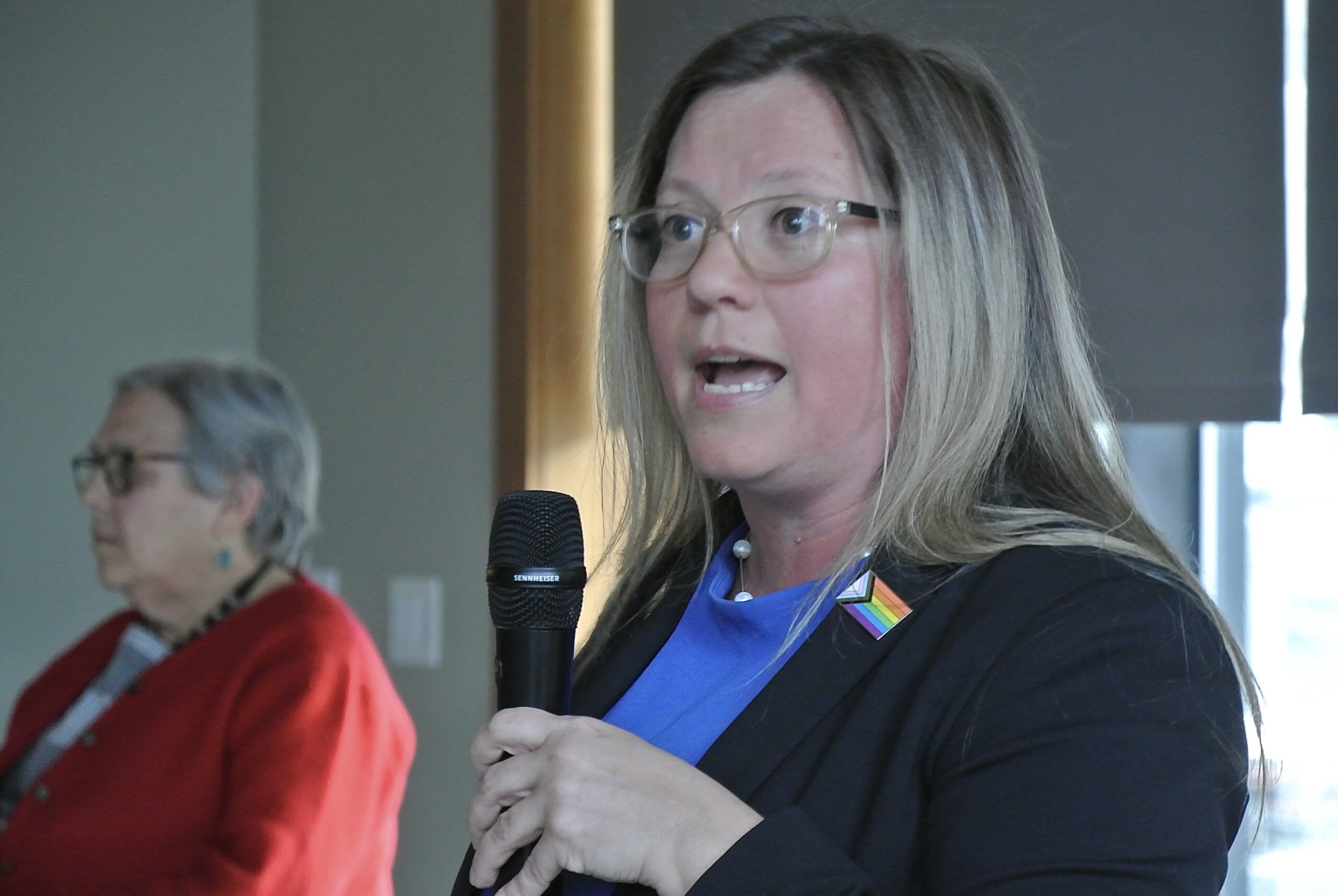Liot Hill’s Legal Troubles Continue as AG Looks into Campaign Finances

Controversial Executive Councilor Karen Liot Hill’s 2024 campaign spending made headlines, and now it may be getting attention from the Attorney General’s Office as well. It confirms it is investigating the Lebanon Democrat’s campaign finances.
Questions about Liot Hill’s campaign finances began with NHJournal’s coverage of her lavish spending during the Democratic primary for Executive Council. Her allegedly campaign-related expenditures included charges for house cleaning, home heating oil, clothes, haircuts, groceries, gifts, payments to relatives, out-of-state trips, and more than $15,000 in gas and meal expenses.
Now, the New Hampshire Attorney General’s Office confirms to NHJournal that its Election Law Unit is investigating a complaint filed against Executive Councilor Karen Liot Hill (D-Lebanon).
“The New Hampshire Department of Justice Election Law Unit can confirm that there is an open campaign finance matter involving Executive Counselor Liot Hill,” Election Law Unit Chief Assistant Attorney General Brendan O’Donnell told NHJournal.
Liot Hill, an Upper Valley Democrat who previously served on the Lebanon City Council, refused to answer when NHJournal asked her about the investigation. Liot Hill simply shook her head in response to NHJournal’s questions.
The New Hampshire Attorney General’s Office declined to give details about the investigation, and the original complaint is not being made public at this time. NHJournal’s review of Liot Hill’s campaign finance reports, and her subsequent moves to correct the reports, uncovered curious details.
For example, nestled among her campaign receipts were two mystery checks that corresponded to court dates in two separate legal matters facing Liot Hill.
After NHJournal reported on her spending, Liot Hill filed amended reports with the New Hampshire Secretary of State’s Office that removed some of the spending line items, and attempted to explain the two mystery checks.
Liot Hill’s original reports listed two unexplained checks from December 2023 and January 2024 totaling $1,350. The checks did not include any information on who received the money, or the purpose of the expenses.
NHJournal found the timing of the two checks corresponded with two court cases involving Liot Hill. One was a violation for driving with a suspended license, the other involved a debt collection. The amended reports list those checks as reimbursements to Liot Hill for various software subscriptions, as well as cell phone and internet services.
These aren’t Liot Hill’s first legal troubles. The Democrat has been arrested twice for DUI, once in 2010 and again in 2018.
One interesting element about Liot Hill’s campaign disclosures for investigators to review: the sudden change in the status of her campaign treasurer.
The original reports listed former state Rep. Corrine Morse as the campaign treasurer, and appear to bear her signature. But the amended reports, which are significantly different from the first ones, are signed by Liot Hill, who declared herself her campaign’s treasurer.
Filing campaign documents that make false representations, such as who signed them, is a serious violation of state campaign finance laws.
NHJournal contacted Morse in November about her role in the campaign and asked if she had in fact signed the original reports for Liot Hill.
“I can’t comment on that,” Morse told NHJournal at the time.
Morse has not responded since to NHJournal’s multiple calls or emails about the campaign or the investigation.
It’s past time for the public to get the truth about Liot Hill’s finances, says New Hampshire Republican Party Chairman Jim MacEachern, particularly given the financial duties of her position as an Executive Councilor.
“Councilor Hill, who has a history of breaking the law, is now accused of misusing campaign dollars and fraudulent filings,” MacEachern told NHJournal. “It’s alarming that someone like that is empowered to review state contracts and even pardons. I’m happy to hear this is being investigated and trust that justice will be served,” MacEachern said.
Liot Hill’s GOP colleague, Executive Councilor Joe Kenny (R-District 1), learned about the investigation from NHJournal. He declined to comment on Liot Hill’s campaign spending, but he added, “I hope it’s cleared up very quickly. We have a lot of work to do.”
Executive Councilor John Stephen (R-District 4) echoed that view.
“At the end of the day, we’re going to serve the people of this state who elected us,” Stephen said.
Amid a flurry of proposed budget cuts coming out of the legislature, the council is also navigating the sudden loss of $80 million in federal funding from the Centers for Disease Control. Stephen would not say if he thought Liot Hill being investigated could tarnish the image of the council as the public watches their decisions.
“I’m going to continue my role representing the people of District 4 in the most accountable way possible, with transparency and integrity in everything I do,” Stephen said.
Republican Kim Strathdee, who unsuccessfully ran against Liot Hill for the Executive Council, filed the complaint now under investigation. Strathdee did not respond to a text message seeking comment, and the phone number listed for her is not in service. Strathdee filed her complaint Oct. 7, days after NHJournal broke the story about Liot Hill’s campaign spending habits.
As for Strathdee’s campaign finances, she has a perfect record. While Liot Hill spent close to $120,000 on the contested primary and general election, Strathdee raised no money and spent no money throughout her entire campaign, according to her reports.




